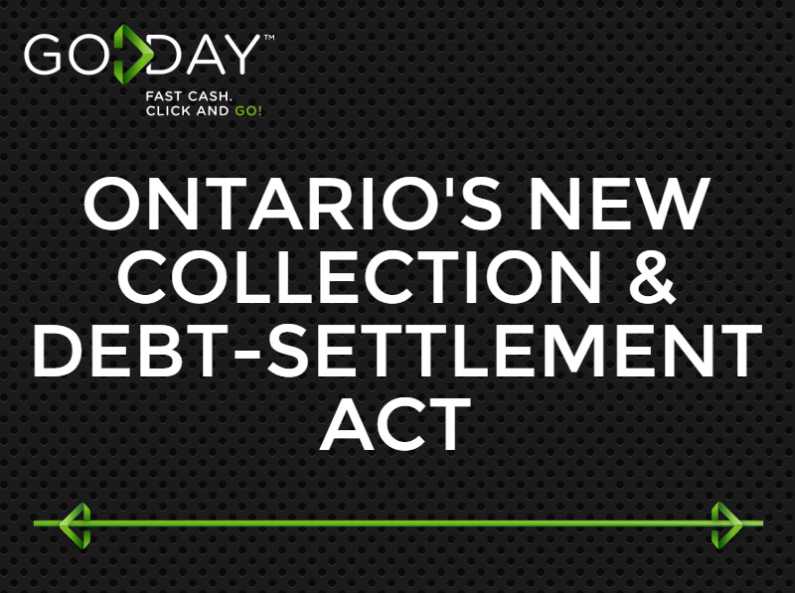In January of this year, it was announced that the law which managed debt settlement services in Ontario (providers or firms who negotiate settlements with a debtor’s creditor) would change significantly in July.
Some have seen these changes as a positive thing, as the change in the law will allow these debt settlement providers to become a new hybrid service; they can act in the best interest of the consumer and also in the best interest of the debtor.
How so? Under the changes, these service providers can both offer settlement services on debt (like consolidation) but then also provide third party collection services for the debtor.
Others, however, see this as a sticky mess, where there’s no clear line of separation.
Our intent for this article, however, isn’t to editorialize, but to provide you, the consumer, with the facts surrounding the changes and how it ultimately will affect you if you are presently using, or are concerned you may need to use, debt settlement services.
The client now has a “bill of rights”
Your service provider cannot charge fees until you begin making payments to your creditors. The only exception to this is a one-time $50 fee (if your debt is being repaid in installments).
A service contract can be cancelled, without reason, within a 10 day “cooling off” period.
There is a strong educational component now included in every contract. A service provider is required to give you a cover page that highlights everything you need to know about your contract in simple terms.
The fees for typical debt settlement service providers have been reduced significantly
Originally, a debt settlement service provider could charge an amount that equals 15% of each payment when a consumer is making a series of installment payments, in addition to a one-time fee of $50 for each account that is outstanding.
However, if a consumer has entered into a debt settlement arrangement on or after July 1st, when the changes came into effect, these providers can only now charge 10%.
Example: Martin is making regular installments to his outstanding debt balance of $20,000.
The firm managing his debt can charge a maximum of $2,000 in fees.
Certain entities are exempt from the Act
Lawyers who are engaged in the practice of law, non-profit credit counselling agencies and bankruptcy trustees are currently exempt from the act, however that will be changing for the non-profit agencies at a future date. They all must comply with any existing professional rules and codes of conduct that apply within their respective profession.
Who does that leave, you may wonder? Licensed firms who offer debt settlement services either through a series of installment payments or by a single lump sum payment are not exempt from the act. The requirement list for these bodies is lengthy:
-Have a surety bond requirement
-Have an examination requirement
-Must maintain a permanent place of business
-Have tight record-keeping requirements
-Abide by specific licensing requirements
-Have a trust account requirement
-Have financial disclosure requirements
New measures are in place to protect the consumer from misleading marketing
All advertising has to indicate the registered name and number of the service provider.
To learn more about your rights under these changes, please visit the Ministry of Government & Consumer Services page.



